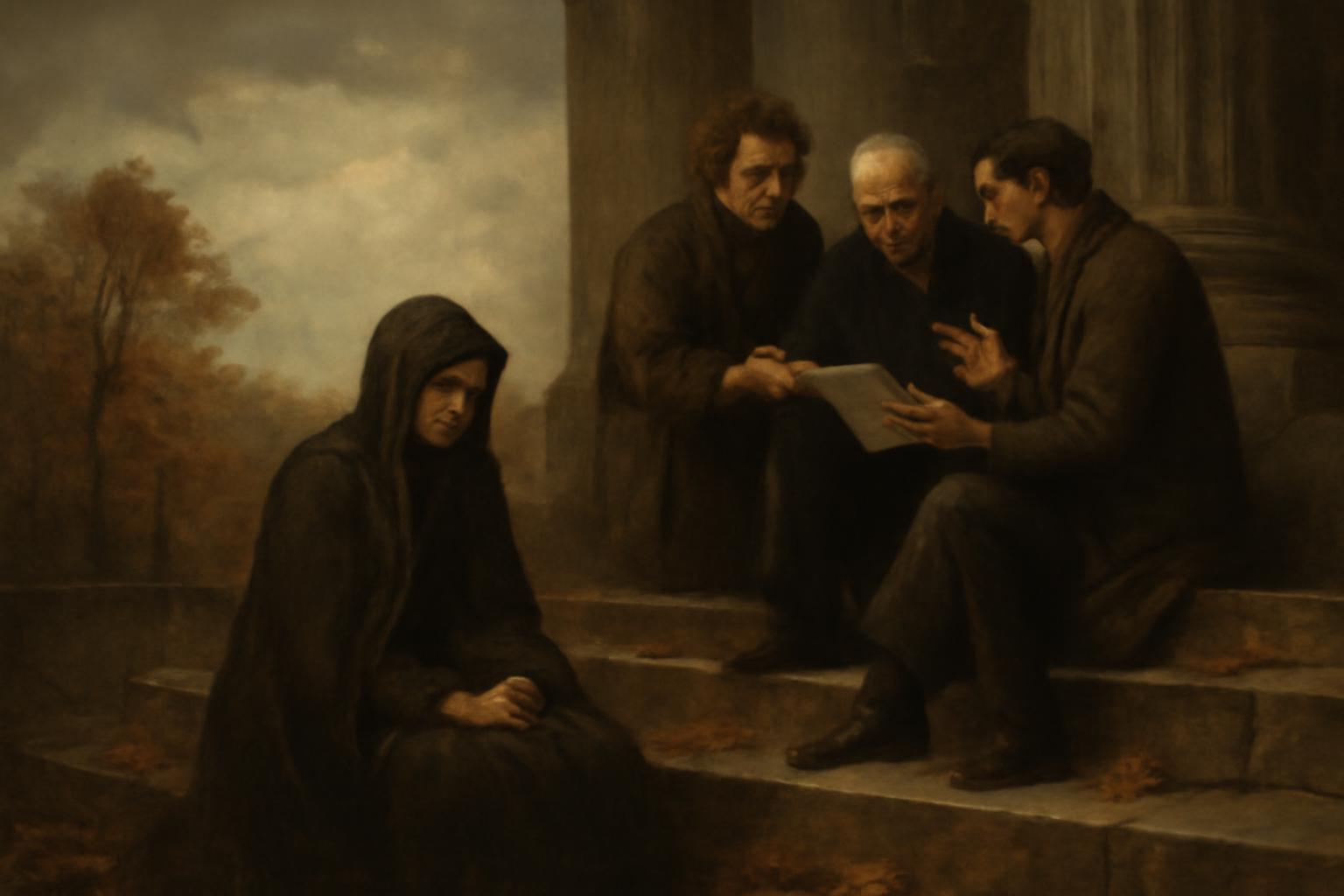Autumn stretches over the republic like a draft of cold rain in a shattered hall, a promised theatre of reform whose curtain trembles on the edge of another quarrel. The stagehands are busy: Merz speaks of strenuous work and preparations, and the Union begins to align on coalition topics and communications at a summit, before a broader gathering in the Chancellery with all Union ministers, Spahn, Linnemann, and the CSU, as if plotting the fibre of the state from timber and stone. The refrain of tax policy rises and falls, and Merz, with a stern, iron-lit gaze, rejects the SPD’s push for higher levies, warning that the social state is not financially sustainable in its present arrangement, a confession that sounds like a lament in the ear of a weary republic.
Klingbeil, the vice-chancellor who carries the burden of social equity, pleads for a socially balanced package that shields the needy and refrains from sweeping welfare cuts, yet keeps a vigil on the scaffolding of social security. By the next passing stagehand’s hour, Klingbeil persists in asking for higher taxes on the very wealthy, even as the Union points to the coalition treaty that bars tax increases, a constraint that bites like a silent lock on potential reform. Söder, the Bavarian, proposes translating the tax burden into geography—shifting the inheritance tax to the Länder and softening it in Bavaria—arguing that the true work of reform should be to shore up social support, not to cut the ledgers with new levies.
Into this theatre enters a commission, charged with proposing changes to Bürgergeld, housing benefits, and child allowances, due in September; the phrase “autumn of commissions” rises among employers as a chorus of anxious foreboding. Klingbeil remains open to reasonable proposals, while Merz urges intra-coalition dialogue rather than speaking past one another, a plea that rings as if the machinery of the republic itself depended on listening more than on posturing. And so the autumn looms, not as a season of decisive triumph but as a tense morphology of compromise, where the old dream of a secure social state teeters on the rim of necessity and fatigue.
In this chamber of bargaining, one hears Nietzsche whispering from the shadows: that the will to power now wears the mask of a budget line, that every reform seeks to convert chaos into order, only to discover that order itself is a treacherous, contingent art. The Greek chorus of voters and vetoes murmurs of fate, reminding us that democracy, in its modern attire, is at once noble and tragic, a theatre where the best intentions are fated to collide with the limits of coin and creed. We watch as the modernity we loathe and need alike contends with its own insufficiency, and we sense, with the grim dignity of tragedy, that the salvation promised by reform may be only a postponement of loss, the next curtain rising on a stage that never fully belongs to us, but to a fate that stubbornly endures beyond our careful plans.
